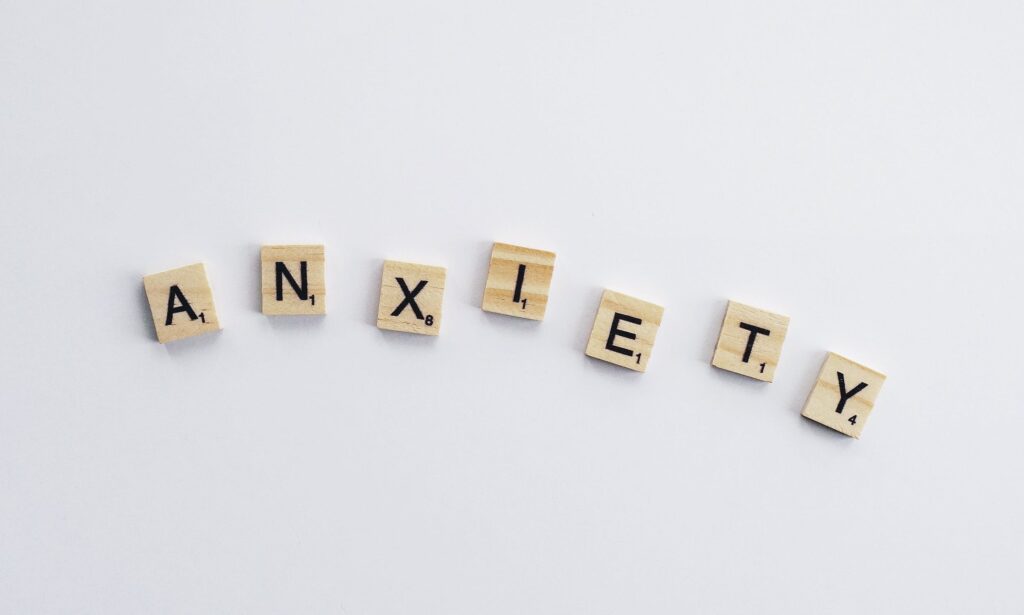Balancing work and stress is an essential factor in developing your career. Many people think it’s impossible to balance these two, but there are ways to do so. This article will provide six helpful tips on managing your time, staying focused, and reducing stress when you’re working during different phases of your career.
 Photo by Suzy Hazelwood from Pexels
Photo by Suzy Hazelwood from Pexels
1) Understand your situation
Before balancing work and stress, you need to understand your current situation first. What are your goals? What are your priorities? How much time do you have each day to dedicate to work? Once you know the answers to these questions, you can start creating a plan that works for you. If you’re currently in school, it’s essential to focus on your studies and maintain good grades. You may not be able to devote as much time to work as someone already employed. However, there are still ways to manage your time effectively so that both aspects of life can be balanced. On the other hand, if you’re already working full-time, it’s essential to find time for yourself outside of work. Even if you’re busy with a project, you must find time to relax and spend quality time with your family.
2) Manage your expectations
One of the leading causes of stress is unrealistic expectations. When you’re working, it’s essential to manage your expectations and stay realistic about what you can achieve in a day. Don’t try to do too much or else you’ll quickly become overwhelmed and stressed out. Set achievable goals for yourself each day and week and stick to them. This will help reduce stress levels and focus on your work calmly. If you find that you’re struggling to meet your goals, it may be helpful to break them down into smaller tasks that can be completed quickly. For example, if your goal is to write a report, break this down into smaller jobs such as gathering research, writing an outline, drafting the report, and editing it.
3) Take good care of your health
It’s essential to take care of your physical and mental health when trying to balance work and stress. Make sure that you’re getting enough sleep each night to be productive during the day. Eat healthy foods and exercise regularly to boost your energy levels and help reduce stress. If you’re feeling overwhelmed or stressed, take a few minutes for yourself to relax and center yourself. Practice deep breathing exercises, listen to calming music or read a book. Try natural remedies like Delta 8 vapes and herbal teas. Taking good care of your health will help make it easier to manage work and stress together.
4) Practice healthy habits
You must establish healthy habits to help reduce your stress levels. Establish good routines for yourself where you work, eat, exercise, and relax. For example, if you’re working full-time on a project at home or in the office, try taking regular breaks throughout the day to stretch your legs and get some fresh air. If you can do so safely without disrupting others around you at work, then go outside occasionally during your break time. Getting some sunlight is very beneficial for both physical and psychological health! It can also be helpful to meditate or practice mindfulness techniques when dealing with stressful situations, especially if they arise often. These practices will allow you to take control of difficult emotions before they spiral out of control and increase your stress levels.
5) Get rid of bad habits
Just as you should practice healthy habits, it’s also essential to get rid of any unhealthy habits that may be contributing to your stress levels. For example, if you smoke, drink alcohol excessively, or eat unhealthy foods, these need to be addressed immediately. These bad habits can not only harm your physical health, but they can also damage your mental health and increase stress levels, so if you need inpatient rehab. Address each habit one at a time and replace them with healthier alternatives. For example, if you smoke cigarettes, try quitting cold turkey or switch to vaping instead. If you find it challenging to quit smoking entirely, start by reducing the number of cigarettes you smoke each day until you can stop altogether.
6) Try meditation to reduce anxiety
One of the best ways to deal with stress and anxiety is meditation. This practice can be done virtually anywhere without requiring any special equipment. If you’re feeling overwhelmed, stressed, or anxious, take a few minutes out of your day to sit in silence and focus on your breath. The goal is to clear your mind of all thoughts and distractions so that you can relax. You may find that this practice helps reduce stress in your life overall.
It’s essential to balance your work with stress during the development phases of your career. It can be difficult, but if you’re proactive about establishing healthy habits and taking care of yourself physically and mentally, coping with stressful situations will become easier over time!
P.S. This post contains affiliate links.

